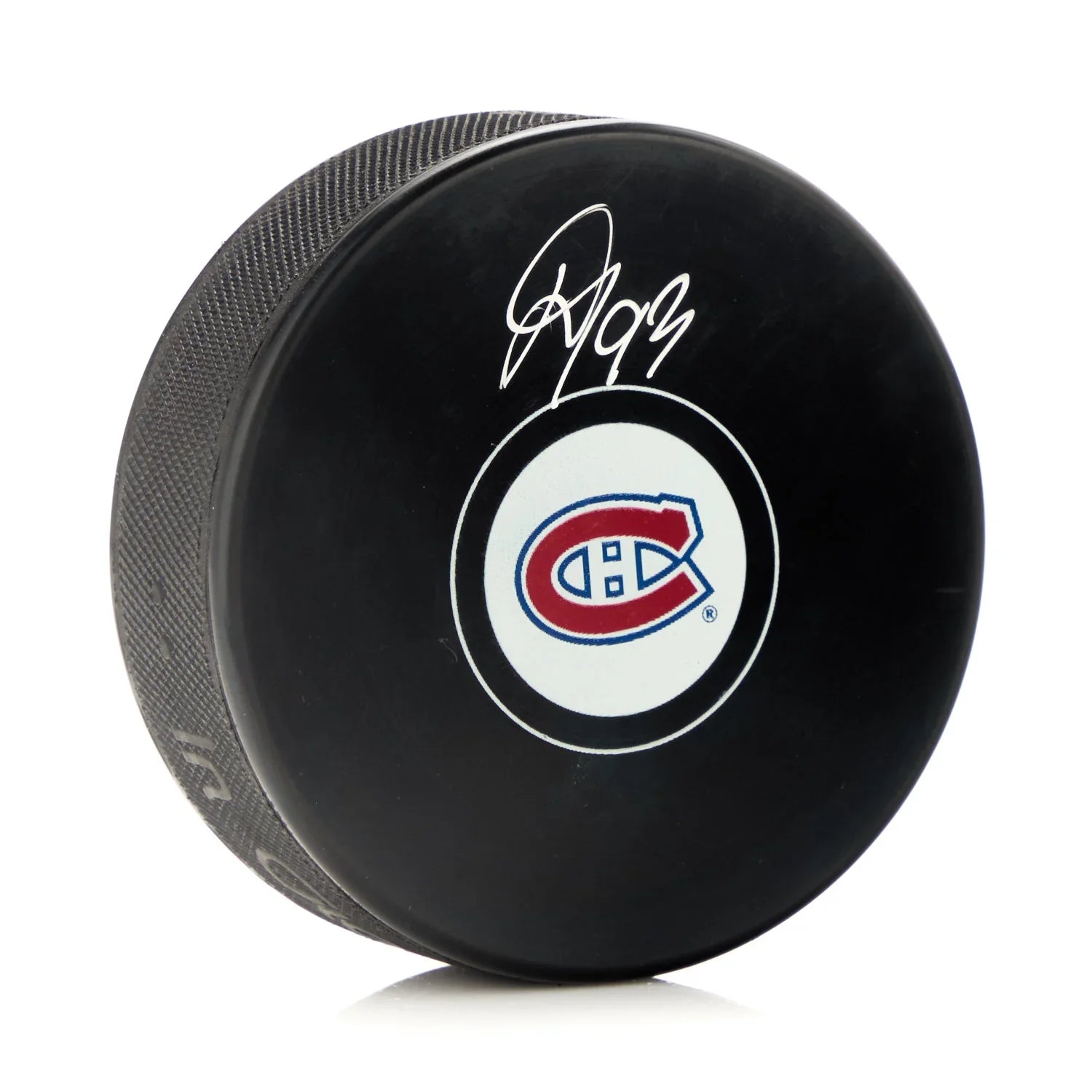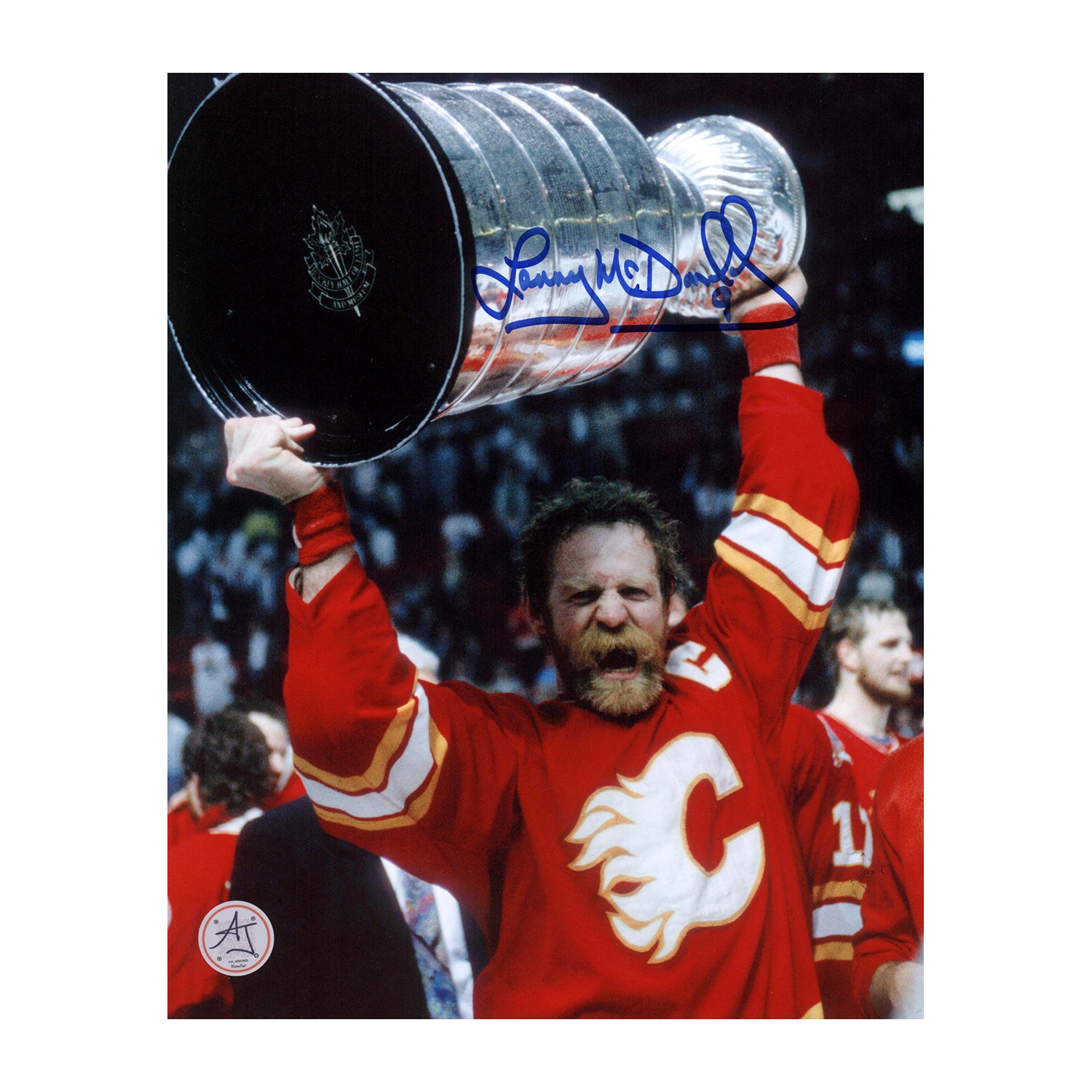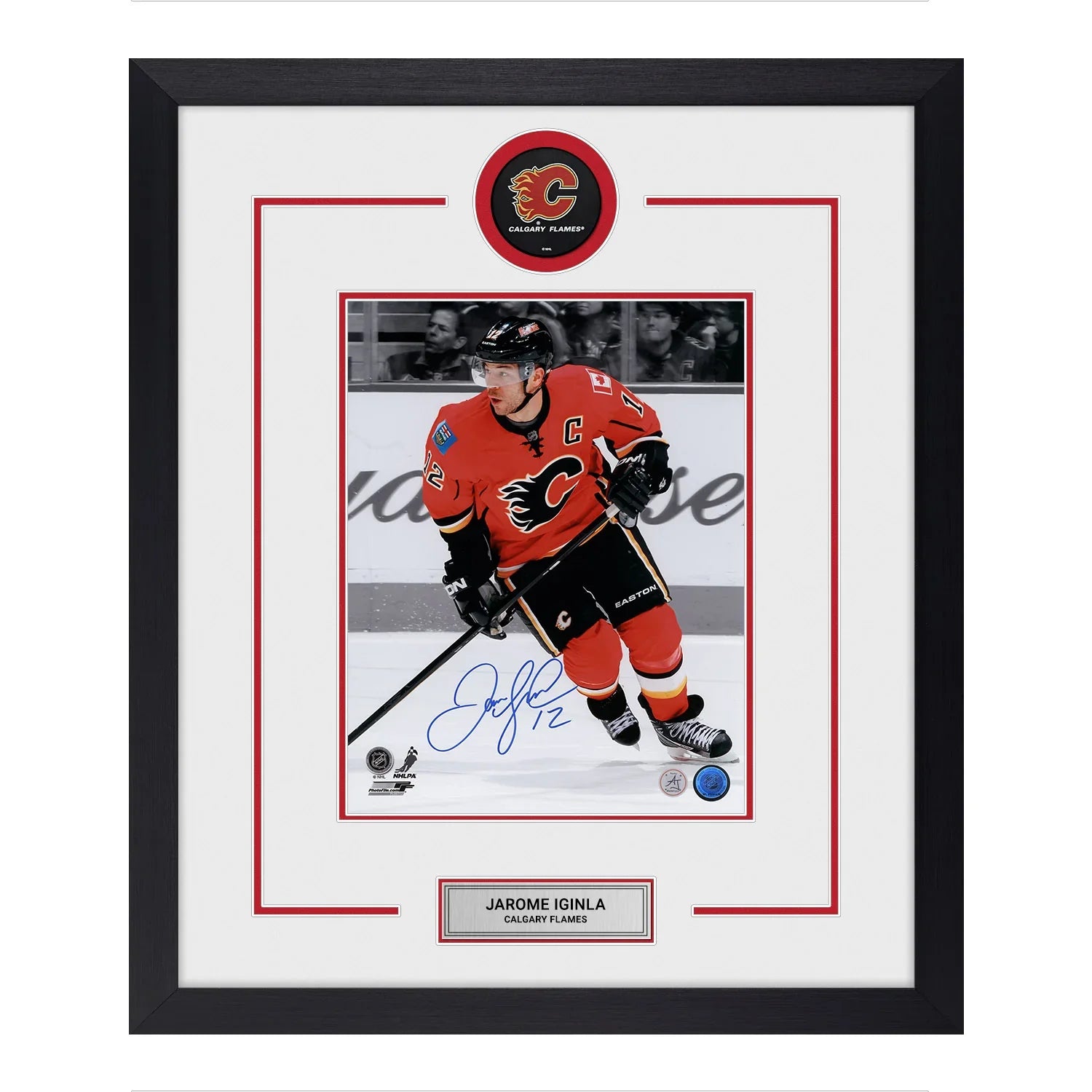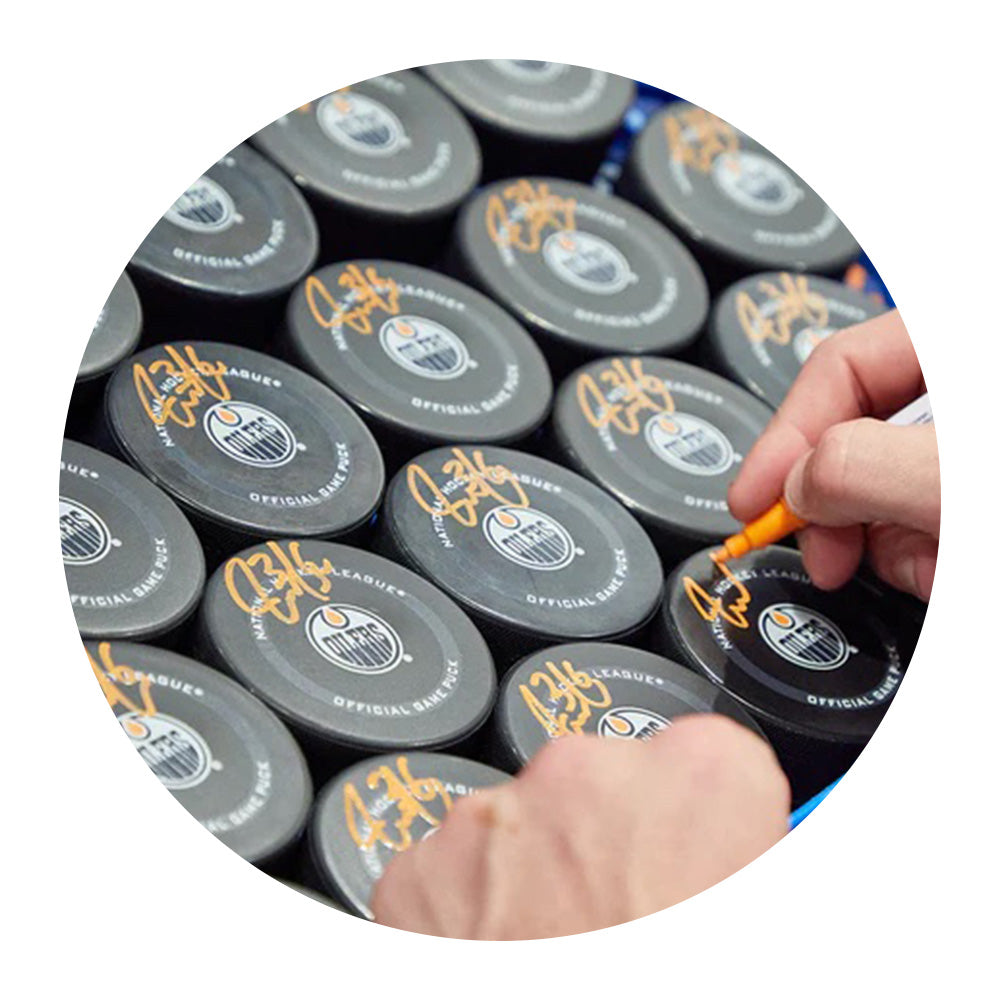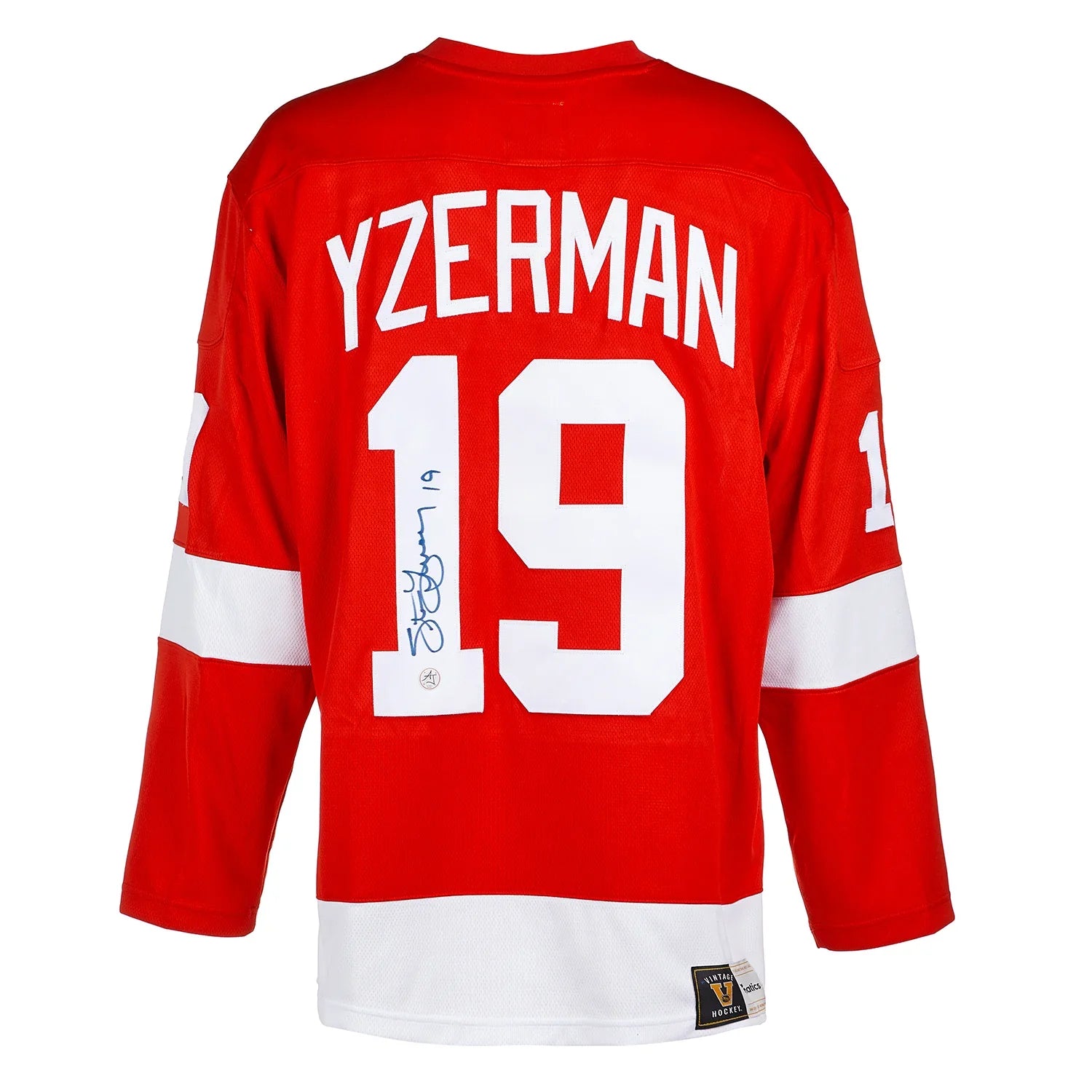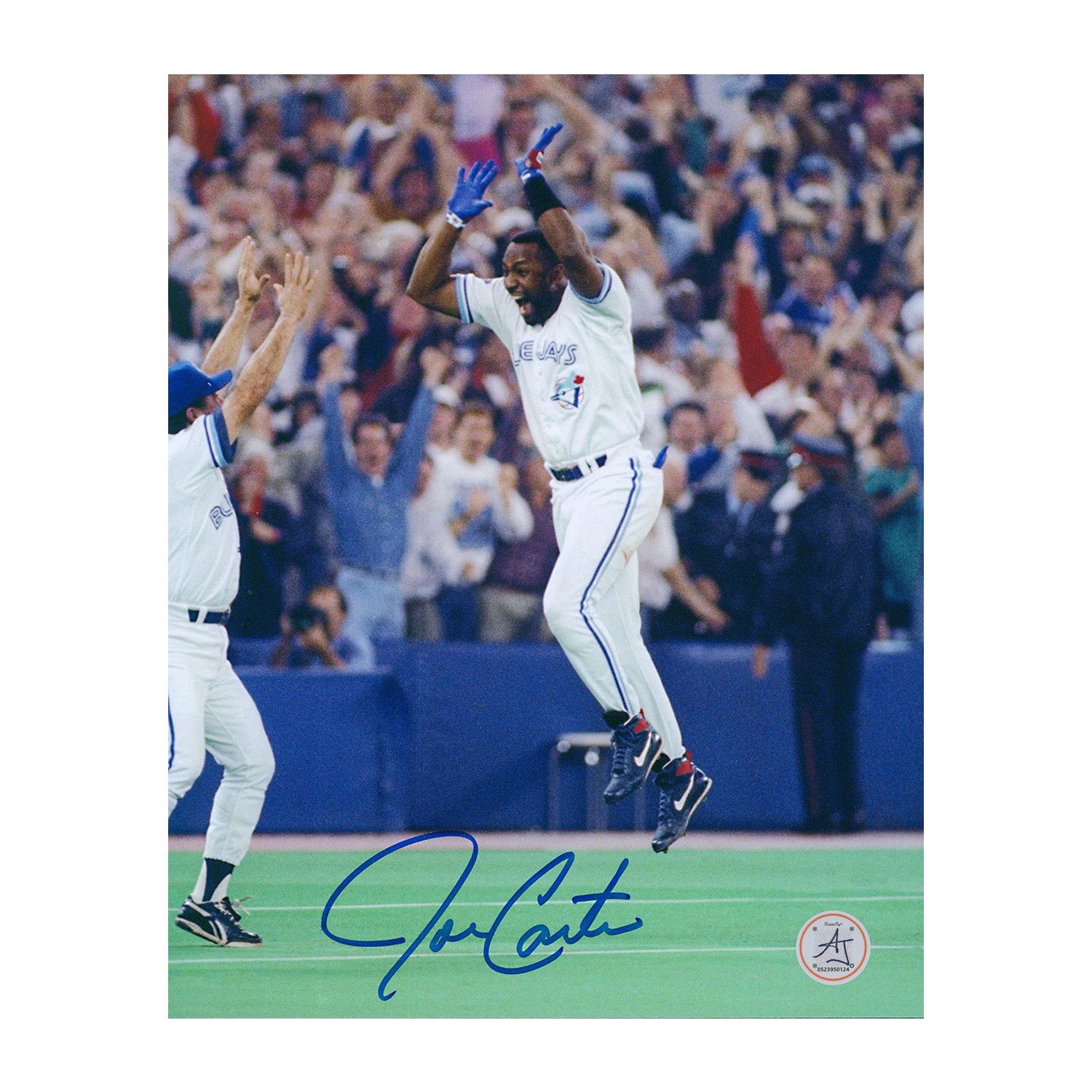
Perry Lefko
The greatest individual accomplishment a National Hockey League player can have is to be inducted into the Hockey Hall of Fame because it takes into account the totality of a career as opposed to a team accomplishment such as winning a Stanley Cup. Consider the cases of Jarome Iginla and Doug Wilson, who are among the 2020 Hall of Fame inductees along with fellow players Kevin Lowe and Marian Hossa, Canadian national team goalie Kim St. Pierre in the women’s category and current Edmonton Oilers general manager Ken Holland, who won four Cups victories with Detroit in a management capacity, in the builder’s category.
Iginla, a first ballot Hall of Famer, established himself as one of the true power forwards during his 20-year career, which began in 1996-1997 and ended in 2016-17. He played 1,554 regular-season games in the NHL, 1,219 with the Calgary Flames. He captained the Flames for nine of his 16 seasons and is the franchise’s all-time leader in games, goals, total points, even-strength goals, power-play goals and game-winning goals. He also had his share of fights, defining himself as a power forward who could stand up for himself and his teammates. His individual season accomplishments include two Rocket Richard Trophies for most goals in a season (one of them a tie with Ilya Kovalchuk and Rick Nash), the King Clancy Trophy for leadership on and off the ice, the Art Ross Trophy for most points in a season, and the Ted Lindsay Trophy for the most outstanding player in the league as voted by the players.
The closest he came to winning the Cup happened in 2004, which Calgary lost to Detroit in seven games. He scored two goals and had three assists in the series. Overall in the playoffs, he led all players with 13 goals in 26 games. He was traded to Pittsburgh in 2013, but the Pens were eliminated in the Eastern Conference Finals to Boston.
But when I think of Iginla and his career and the respect he garnered, it came in international tournaments, winning two gold medals with Canada in the Olympics, one in the World Cup of Hockey and one World Championship. Arguably his greatest moment came in 2010 when he made a perfect pass to Sidney Crosby in overtime, which resulted in what TV announcer Chris Cuthbert famously called The Golden Goal. Flames fans saw a ton of Iginla’s individual highlights, but that one play will forever enshrine him on the global hockey stage.
It took more than two decades for Wilson to be voted into the Hall of Fame. The individual highlight of his career came in 1982 when he won the Norris Trophy as the top defencemen in the league. He set Blackhawks’ single-season records for a defenseman with 39 goals and 85 points. He was an eight-time all-star and won a gold medal as part of Team Canada in the 1984 Canada Cup. Wilson had one of the most devastating slapshots for defencemen during his career, and is the Hawks’ all-time leader for a defenceman in career goals and points.
Wilson is the brother of Murray Wilson, a forward who had a modest career in the NHL from 1972-73 to 1978-79. He played mostly with the Montreal Canadiens with whom he won four Cups in six seasons. A first-round pick drafted by the Habs, Wilson was in the right place at the right time during a formidable time for the Canadiens in the ‘70s. He is a classic example of how opportunity and luck factored more than individual talent.
And what about Hossa, also inducted into the Hall of Fame the first time he was on the ballot? He played for Pittsburgh in the 2007-08 season and was the acquisition in a multi-player deal with the Atlanta Thrashers at the trade deadline. The Pens made it to the Stanley Cup finals and lost to Detroit. The following season he signed a one-year contract with Detroit for $7.45 million, passing up a five-year contract from Pittsburgh, which would have netted $7 million a season. He figured Detroit gave him his best chance to win a Cup. He made it to the finals, but lost, ironically, to Pittsburgh. He then signed a 12-year, $62.8 million free-agent contract with the Chicago Blackhawks, which won the 2010 Cup, ending a drought going back to 1961.
“I’m so glad, what a relief,” he told reporters. “Three time’s the lucky charm. I won a Stanley Cup and what a feeling. This is unbelievable.”
Hossa would win three Cups in six years with Chicago. It could not have worked out any better.
He proved to be a great playoff performer with 149 points in 205 post-season games, which percentage-wise is not that far off his regular-season totals of 1,134 points in 1,309 games. He is one of the all-time great players for Slovakia in international play.
He is the only player in NHL history to appear in three Cups with three different teams in successive seasons. I doubt that will ever happen again. It’s one of those crazy anomalies in sports, something that could be a clue in Jeopardy! or Trivial Pursuit.
The Hockey Hall of Fame has many great players who never won a Cup, including the likes of Marcel Dionne, Darryl Sittler, Brad Park, Jean Ratelle, Curtis Joseph, Pavel Bure, Dale Hawerchuk, Pat LaFontaine, Gilbert Perreault and Eric Lindros, to name a few. For one reason or another they never had their names inscribed on the Stanley Cup, but their greatness is evident by the fact they are in the Hall of Fame.
Perry Lefko is an award-winning, multiple best-selling author. He helped Eddie Olczyk write his autobiography, Beating The Odds, and Nick Kypreos write his autobiogrpahy, Undrafted.


